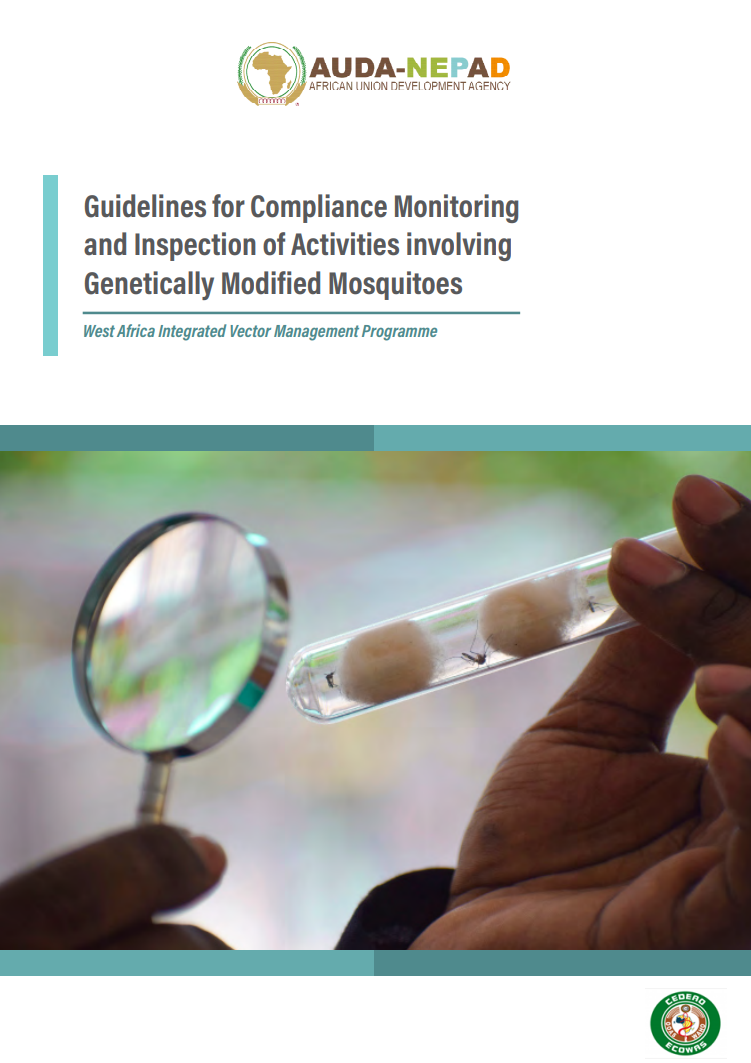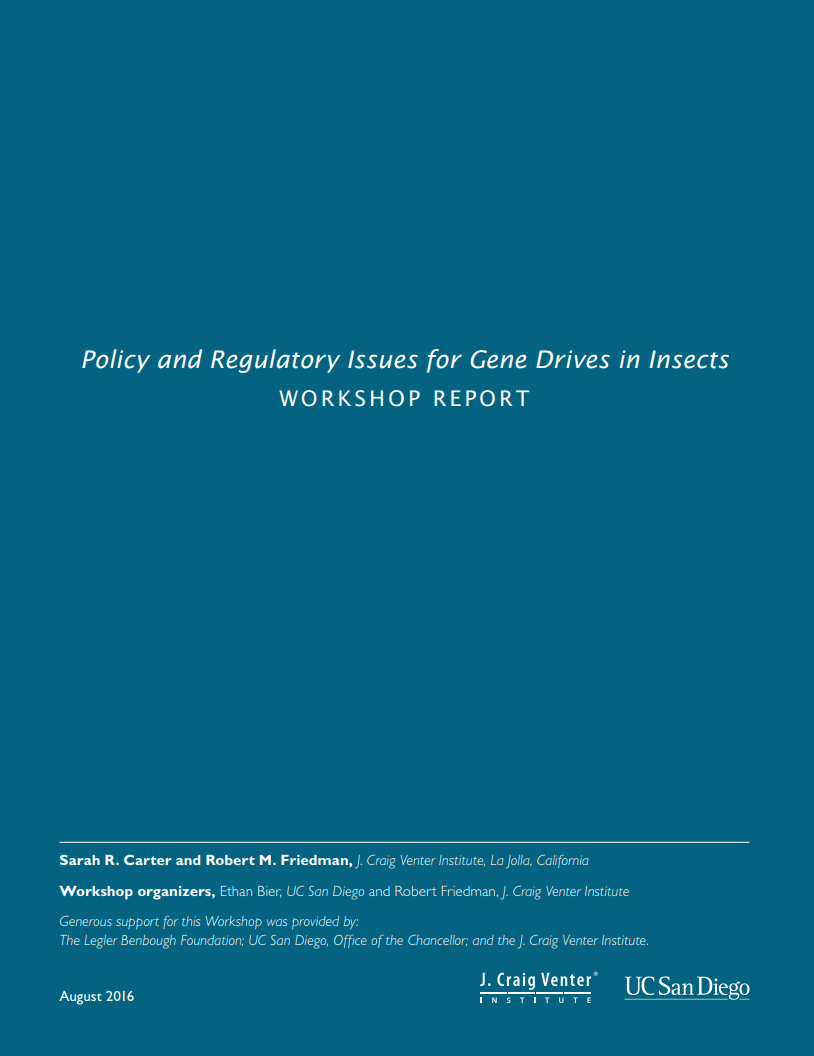Last Updated: 18/06/2024
Development and field deployment of biorational spatial repellents for the prevention of mosquito-borne disease
Objectives
To develop effective spatial repellents based on biorational botanical compounds to prevent mosquito-borne diseases such as dengue and Zika virus.
Dengue has been more common in the continental United States in the past two years, especially in Florida. Moreover, Zika virus is continuing to spread throughout North and South America. The development of novel spatial repellents will be extremely valuable in preventing the entry of mosquitoes into domiciles in regions where open living spaces without windows or screens are commonplace. Numerous other pathogens are vectored by mosquitoes in the U.S. and new tools for control of disease vectors, and for nuisance biting mosquitoes will be welcomed by mosquito abatement districts and other government agencies at the state, county and municipal levels. Moreover, the potential of these novel technologies to prevent the entry of Anopheline into living quarters in regions where malaria is a significant burden to public health could be enormous. Therefore, this research has great potential to result in a product that can be used by both military and nonmilitary personnel to prevent mosquito-borne illnesses.
Aug 2017 — Aug 2020
$708,245


